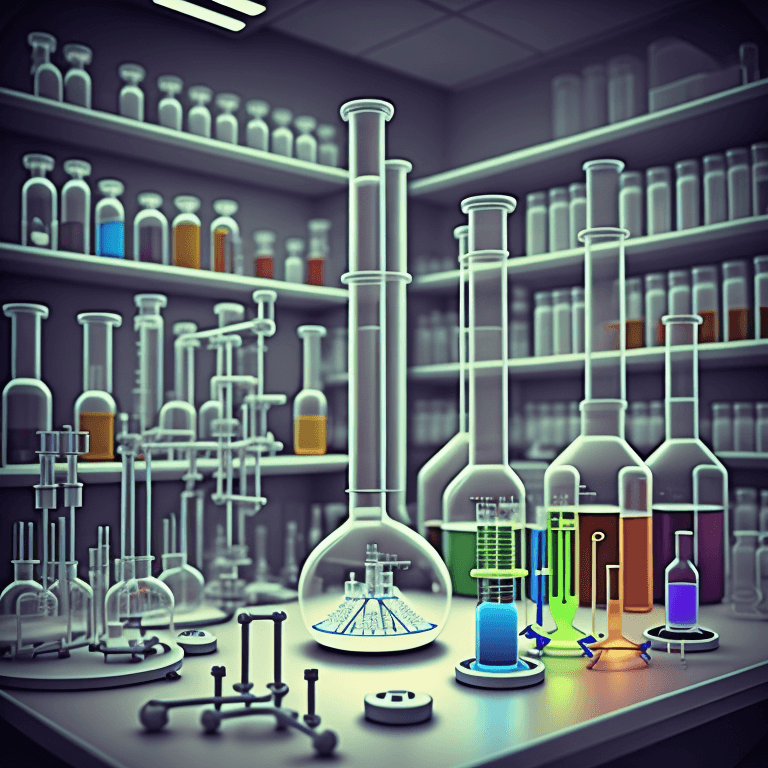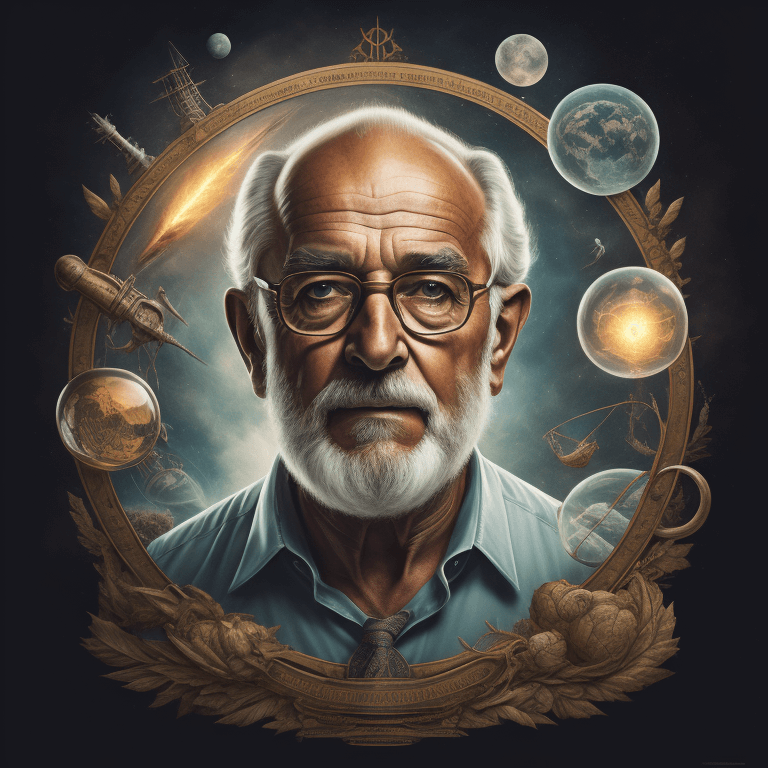There isn’t just one “Father of Science.” Instead, several important people helped create modern science.
- Aristotle (384-322 BC) – Greek philosopher who pioneered systematic scientific inquiry across biology, physics, chemistry, meteorology, zoology, and other fields. Developed foundational methods like empiricism and logic.
- Galileo Galilei (1564-1642) – Italian astronomer considered central to the scientific revolution. Made fundamental discoveries in kinematics, astronomy, inertia, and acceleration.
- Sir Isaac Newton (1643-1727) – was an English scientist and mathematician. He is famous for his laws of motion and gravity. He also created calculus and built the first reflecting telescope.
- Robert Boyle (1627-1691) – Irish chemist noted for Boyle’s Law on gas pressure and volumes. Pioneered the scientific method in chemical research.
- Michael Faraday (1791-1867) – English scientist who made discoveries in electricity, electrochemistry, and magnetism including Faraday’s law of induction.
6 Other names often cited as the Father of Science include:
- Euclid
- Marie Curie
- Charles Darwin
- Louis Pasteur
- Albert Einstein
- Nicolaus Copernicus
All for their groundbreaking work in mathematics, physics, chemistry, biology, electromagnetism, and astronomy.
But in general, modern science emerged over centuries through the contributions of many philosophers, experimenters, and theorists.
- Many people call Galileo Galilei the father of modern science because his work changed how we understand the world. He made important discoveries in physics and astronomy. For example, he studied how objects fall and how they move when thrown.
- His discoveries changed the way we think about physics, astronomy, and mathematics.
- Without Galileo, our understanding of the universe would be very different indeed!
- The father of science is Galileo Galilei.
- Galileo was born in 1564 and showed great skill in math, physics, astronomy, and philosophy.
- He proposed the theory of heliocentrism, which places the sun at the center of the universe.
He made key contributions to physics and astronomy, studying how objects fall and how they move.
His work helped to lay the groundwork for the scientific revolution.
Who is the father of science and what did he contribute to the field?

People often refer to Galileo Galilei as one of the “fathers of science.”
Explain it to a child
Galileo Galilei is known as the father of science. He was born in 1564 and excelled in math, physics, astronomy, and philosophy. People remember him for his theory that the sun is in the middle of the universe.
Galileo was not the first to do experiments or use the scientific method. However, he was the first to use these methods to study how things move.
Some of his famous experiments were dropping balls of different weights from the Leaning Tower of Pisa and rolling balls down slopes.
These experiments led Galileo to conclude that all objects fall at the same rate, regardless of their mass.
This contradicted the prevailing view at the time, which was that heavier objects fell faster than lighter ones.
Galileo showed that we can learn about physics by observing and experimenting, which helped future scientists.
Why is Galileo considered one of the most important figures in the history of science?
Many consider him one of the most important figures in science for various reasons.

- First and foremost, he made significant contributions to the fields of physics and astronomy.
- By looking at the night sky, he developed the idea that the Earth goes around the Sun.
- In addition, Galileo was also a skilled mathematician and engineer. He designed a number of innovative instruments, including the telescope and thermometer. These tools allowed him to make further discoveries about the natural world.
- Finally, Galileo was also an excellent communicator. He wrote several books outlining his theories, which helped to spread his ideas and influence other scientists.
As a result, Galileo’s work had a profound impact on the development of modern science.
What is heliocentrism and how did Galileo change our understanding of it?

Heliocentrism means the Sun is at the center of the universe, and the planets go around it. This idea was new during Galileo’s time when many believed Earth was the center.
His research revealed that the Sun is at the center of the solar system, which offers a clearer view of how everything works.
The court found him guilty of heresy, Galileo’s work transformed how we think about our place in the universe.
Now, we recognize heliocentrism as true, and we view Galileo as an important figure in science.
How did Galileo’s discoveries change the way we view the world today?
Historians regard Galileo Galilei as one of the most significant figures in the history of science.

His discoveries changed how we see the world and helped create many scientific advancements today.
Galileo was the first to use a telescope to look at the night sky, which helped him see that the Earth moves around the Sun.
However, this view led him into conflict with the Inquisition, which enforced religious doctrine.
Now we know Galileo was right, and his work has greatly influenced our understanding of astronomy.
In addition to his astronomical work, Galileo also made groundbreaking progress in physics and mathematics.
His experiments with falling objects helped us understand gravity, and his studies on friction explained how machines work.
Today, we still feel Galileo’s legacy, and his discoveries have shaped our modern world.
What are some of Galileo’s other significant contributions to physics and astronomy?
In addition to his work on the motion of objects, Galileo made important contributions to both physics and astronomy.
In physics, he developed the concept of inertia, which helped to explain why objects in motion tend to stay in motion.
He also conducted pioneering work on the nature of sound and light, demonstrating that both travel in waves.
In astronomy, he was the first to see the faint moons of Jupiter and carefully observed the phases of Venus.
These observations provided strong evidence for Copernicus’s heliocentric model of the solar system.
His work helped form the basic ideas in physics and astronomy. That’s why many people consider him one of the greatest scientists ever.
Other “Father Of” Scientific Field Articles:
- Father of Botany
- Father of Zoology
- Father of Ecology
- Father of Bacteriology
- Father of Immunology
- Father of Biology
- Father of Physiology
- Father of Virology
- Father of Anatomy
- Father of Physics
Article Sources
Jacks of Science sources the most authoritative, trustworthy, and highly recognized institutions for our article research. Learn more about our Editorial Teams process and diligence in verifying the accuracy of every article we publish.
